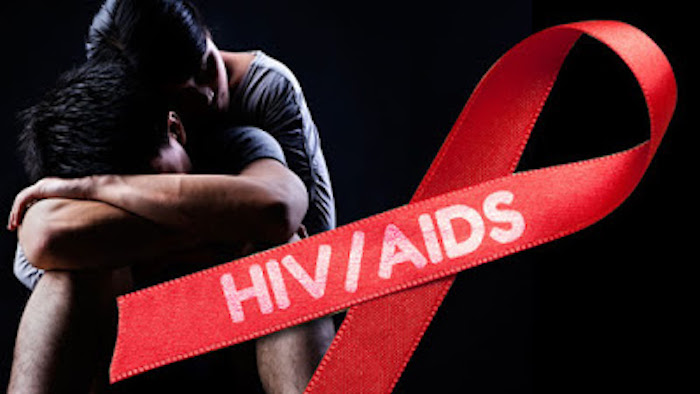5. Swollen Lymph Nodes
Swollen lymph nodes may be a starting sign of HIV infection. 67% of HIV sufferers may experience some sort of lymph node swelling. This commonly occurs in the neck, under arms, and groin region. Lymph nodes are distributed all throughout the body so any abnormal swelling could be a symptom. Lymph nodes swell as the immune system is activated and the body fights off infection.
6. Headaches
One of the first symptoms of the flu related symptoms of HIV is an unrelenting headache. The headaches may develop into chronic debilitating migraines. Migraines become chronic after affecting a person for 15 or more days per month. 50% of people infected with HIV will experience headaches as a symptom, while 27% will experience chronic migraines. This is compared to the general population, where only 2% of people suffer from chronic migraines.
7. Weight Loss
Weight loss in HIV infected individuals is common through the progression of the disease. When first infected, the flu like symptoms can cause nausea, diarrhea, and vomiting. This can cause a temporary loss in weight. As the illness progresses, weight loss can be caused by a condition called “AIDS wasting”. The U.S. Department of Health and Human Services categorize a person as having AIDS wasting when they have lost 10% or more of their body weight, and have experienced related weight loss symptoms for a period greater than 30 days
8. Yeast Infection
As HIV develops, the infected persons immune system becomes compromised. One of the starting symptoms of a failing immune system is bodily infections. Yeast infections are very common, and they affect more than just women. The cause of this infection is a fungus called Candida. It can affect the body in different ways, such as vaginal yeast infections, thrush, intestinal infections, and more. Getting rid of these infections may prove futile until HIV medication is in place.




































Discussion about this post